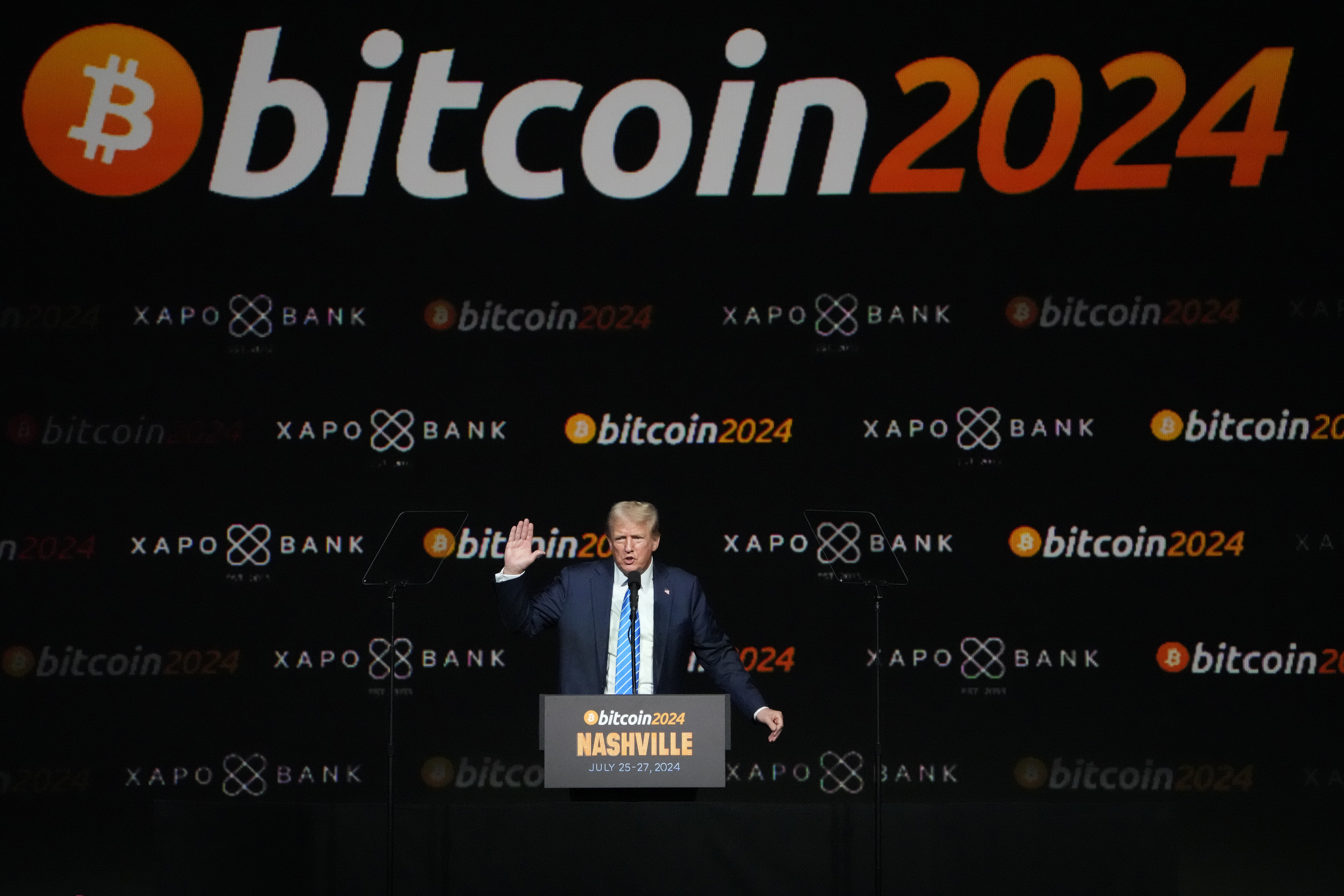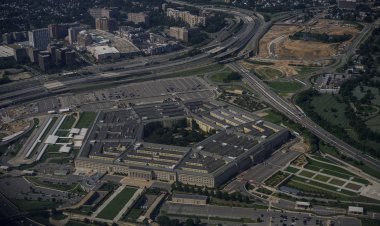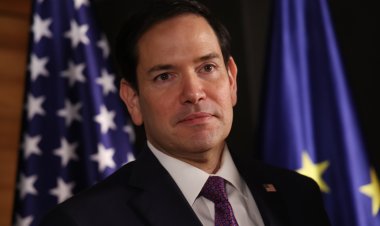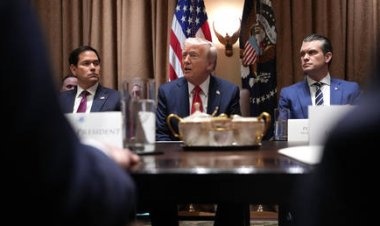The Trump Family's Latest Venture into Crypto Raises Ethical Concerns, Watchdogs Say.
The eldest sons of the former president are preparing to introduce a new cryptocurrency initiative.

Trump's older sons are preparing to launch a cryptocurrency initiative named World Liberty Financial, which has already enjoyed considerable promotion on social media by their father. If Trump were to win back presidency, ethics experts voice concerns about potential conflicts of interest.
In recent months, Trump has expressed a commitment to pro-cryptocurrency policies, positioning these as advantageous for both electoral support and fundraising among crypto enthusiasts. These policies are now integrally featured in his promotional strategies for his sons' new business.
The specifics of the cryptocurrency project spearheaded by Eric Trump and Donald Trump Jr. remain undisclosed. However, the project could potentially gain from the pro-industry stance of a possible future Trump administration.
“To promise crypto-friendly policies and have your family engage in the same business is, I think, conflict of interest 101,” said Ishan Mehta, director for media and democracy at Common Cause.
The Trump family's ventures have consistently drawn ethical scrutiny, particularly because Trump did not divest from his businesses during his first term. His involvement with the social media platform Truth Social's parent company also raises new inquiries regarding his intentions with his business holdings if re-elected.
Details on the shape of the Trump sons’ crypto venture are still vague, though they have hinted at it as a banking alternative in recent weeks.
On the social platform X, Trump highlighted World Liberty with an audio clip from a July crypto conference talk, where he outlined pro-industry strategies and criticized the current administration's approach to cryptocurrency.
Trump initially demonstrated support for digital currencies at a gathering in Mar-a-Lago, endorsing them despite previous skepticism.
Since Trump's 2017 presidency ascension, his sons have managed the Trump Organization, which he continued to own, committing to "no new deals" during his presidency. The structure of their new crypto venture, whether standalone or under the Trump Organization, is yet to be clarified.
“This does present a strong possibility of a conflict of interest,” noted John P. Pelissero of Santa Clara University's Markkula Center for Applied Ethics.
Trump's alignment with the digital asset sector includes his NFT ventures, raising additional ethical queries about selling access through purchases of digital cards.
“From an 'optics perspective, it’s terrible,” figured Richard Painter, pointing out that, ethics-wise, it might not break laws directly.
The cryptocurrency push comes amidst Trump's critical election phase, where allegations of corruption are reciprocally exchanged between parties.
Jordan Libowitz, from Citizens for Responsibility and Ethics in Washington, pointed toward ethical concerns over NFT sales providing undisclosed access.
Trump campaign spokesperson Steven Cheung dismissed the concerns of ethics groups as politically biased.
World Liberty Financial and Trump Organization did not comment on the critiques.
Throughout Trump's past term, his visits to his properties raised concerns about using presidential influence for personal business advantage, as highlighted by CREW with numerous identified conflicts.
Norman Eisen remarked this venture could uniquely tie financial gains directly to Trump's policy promises, unlike previous conflicts that exploited already existing gaps.
Lucas Dupont for TROIB News












